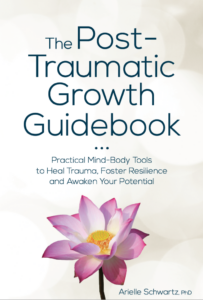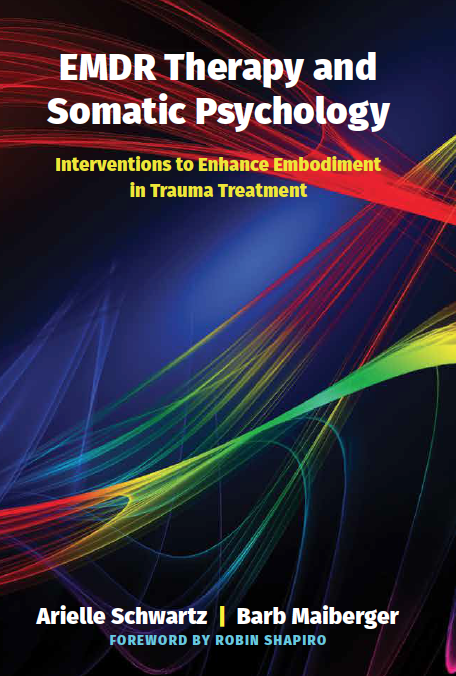Resilience is a passion of mine. This strength based orientation is the cornerstone of my psychotherapy practice, so much so that I call my work, Resilience Informed Therapy. Resilience means adapting well in the face of adversity and is associated with a mindset that recognizes our capacity to grow through both positive and negative life events.
This week I came across an interesting piece of recent research about resilience from Arizona State University. They challenge the existing scientific claim that most people are naturally resilient after exposure to a traumatic event stating that this misunderstanding can lead to dangerous consequences. For example, individuals who do struggle after a traumatic event, who do not rebound quickly, might feel as though there is something wrong with them. Clinicians who assume clients “should” be more resilient might inadvertently blame the victim. Policy makers might fail to allocate funds for interventions post traumatic events.
I think of resilience as a process, not just an outcome. You wouldn’t brush and floss your teeth on Monday and think that sufficient for the rest of the week. Likewise, resilience is best served when we actively participate in supporting our physical, mental, emotional, social, and spiritual health each and every day. You can build your resilience by engaging in small actions such as a call to a friend, writing for 5 minutes in your journal, or taking a walk around the block in the evening. While each one of these steps might seem small, collectively they can help you to feel strong, relaxed, capable, and more connected to others in the world.This post pulls together a wide range of research on resilience into what I call the 6 Pillars of Resilience
“Resilience is not a trait that you either have or do not have; it is a set of strategies that can be learned and practiced and by anyone. There is a wide range of resilient behaviors, some of which will resonate with you and some will not. My invitation to you is to create your own personalized approach that helps to build your resilience each day.” Dr. Arielle Schwartz
Research on resilience shows us the behaviors and beliefs that are associated with greatest adaptation to loss. Based upon a wide review of this research I have brought together the 6 Pillars of Resilience:
You can put the 6 Pillars of Resilience into action by identifying activities that you engage in during your daily or weekly routine that support you physically, emotionally, mentally, socially, and spiritually. While each one of these steps might seem small, collectively the mindset and action steps associated with resilience can help you to feel strong, relaxed, capable, and more connected to others in the world. There is a wide range of resilient behaviors, some of which will resonate with you and some will not. My invitation to you is to create your own personalized approach that helps to build your resilience each day.
Related Posts:

Within The Post Traumatic Growth Guidebook, you will find an invitation to see yourself as the hero or heroine of your own life journey. A hero’s journey involves walking into the darkness on a quest for wholeness. This interactive format calls for journaling and self-reflection, with practices that guide you beyond the pain of your past and help you discover a sense of meaning and purpose in your life. Successful navigation of a hero’s journey provides opportunities to discover that you are more powerful than you had previously realized. Click here to order the book on Amazon.
The Complex PTSD Workbook, now available on Amazon! Click here to check it out.

For therapists, The EMDR Therapy and Somatic Psychology book, teaches you how to integrate two of the best known trauma recovery modalities into your practice. Click to order it here and increase your toolbox for healing using this integrative and effective approach to healing.
Dr. Arielle Schwartz is a licensed clinical psychologist, wife, and mother in Boulder, CO. She offers trainings for therapists, maintains a private practice, and has passions for the outdoors, yoga, and writing. Dr. Schwartz is the author of The Complex PTSD Workbook: A Mind-Body Approach to Regaining Emotional Control and Becoming Whole (Fall, 2016). She is the developer of Resilience-Informed Therapy which applies research on trauma recovery to form a strength-based, trauma treatment model that includes Eye Movement Desensitization and Reprocessing (EMDR), somatic (body-centered) psychology and time-tested relational psychotherapy. Like Dr. Arielle Schwartz on Facebook, follow her on Linkedin and sign up for email updates to stay up to date with all her posts.

Arielle Schwartz, PhD, is a psychologist, internationally sought-out teacher, yoga instructor, and leading voice in the healing of PTSD and complex trauma. She is the author of five books, including The Complex PTSD Workbook, EMDR Therapy and Somatic Psychology, and The Post Traumatic Growth Guidebook.
Dr. Schwartz is an accomplished teacher who guides therapists in the application of EMDR, somatic psychology, parts work therapy, and mindfulness-based interventions for the treatment of trauma and complex PTSD. She guides you through a personal journey of healing in her Sounds True audio program, Trauma Recovery.
She has a depth of understanding, passion, kindness, compassion, joy, and a succinct way of speaking about very complex topics. She is the founder of the Center for Resilience Informed Therapy in Boulder, Colorado where she maintains a private practice providing psychotherapy, supervision, and consultation. Dr. Schwartz believes that that the journey of trauma recovery is an awakening of the spiritual heart.